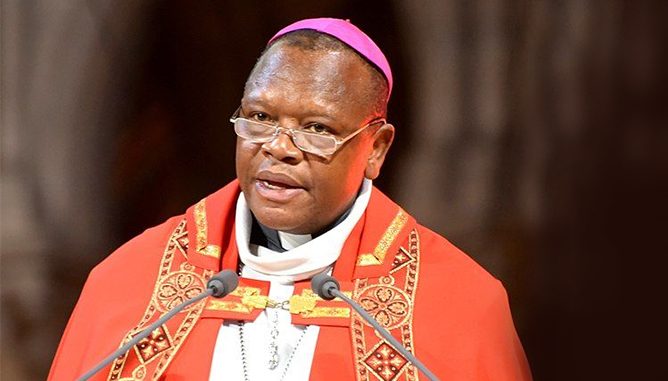By Andrea M. Picciotti-Bayer, National Catholic Register, April 16, 2025
Andrea M. Picciotti-Bayer Andrea Picciotti-Bayer is a legal analyst for EWTN News, and director of the Conscience Project.
COMMENTARY: In a time when parental authority is under siege, this case could reaffirm what the Constitution — and common sense — have always made clear: Children belong first to families, not the state.
 Gender ideologues are no match for parents of faith.
Gender ideologues are no match for parents of faith.
On Easter Tuesday, the Supreme Court will hear oral argument in a case brought by a group of parents from Montgomery County, Maryland, who object to the indoctrination of their pre-K-through-eighth-grade children. The courageous defense of their children’s formation in Mahmoud v. Taylor can advance both religious freedom and parental rights under the law in our public schools.
In the fall of 2022, the Montgomery County Board of Education decided to weave a collection of LGBTQ+-inclusive storybooks throughout the literature curriculum for their youngest learners. The collection promotes “Pride” parades, gender transitioning and pronoun preferences to young learners ranging in age from 3 to 14. ….





 Gender ideologues are no match for parents of faith.
Gender ideologues are no match for parents of faith.

